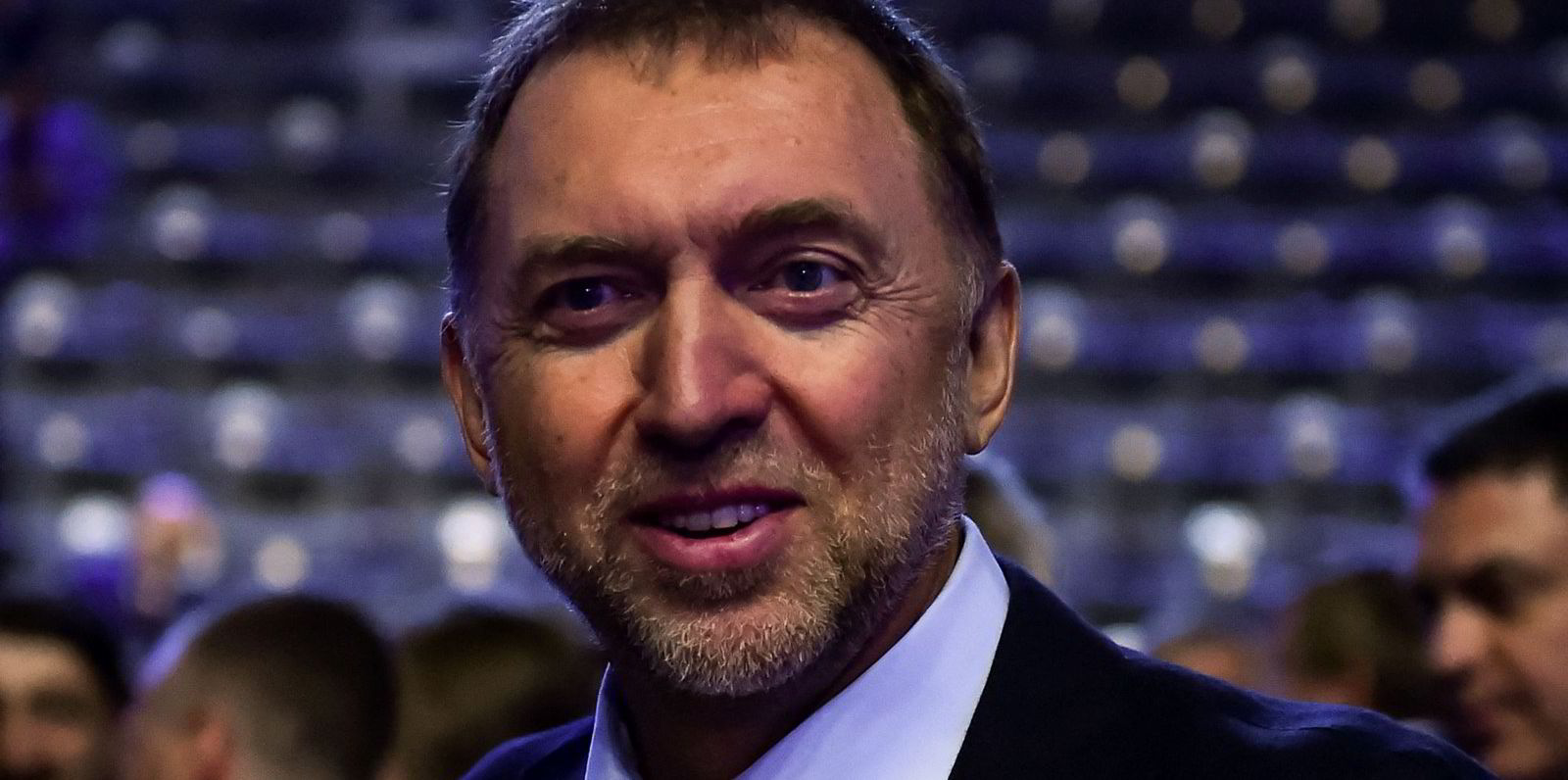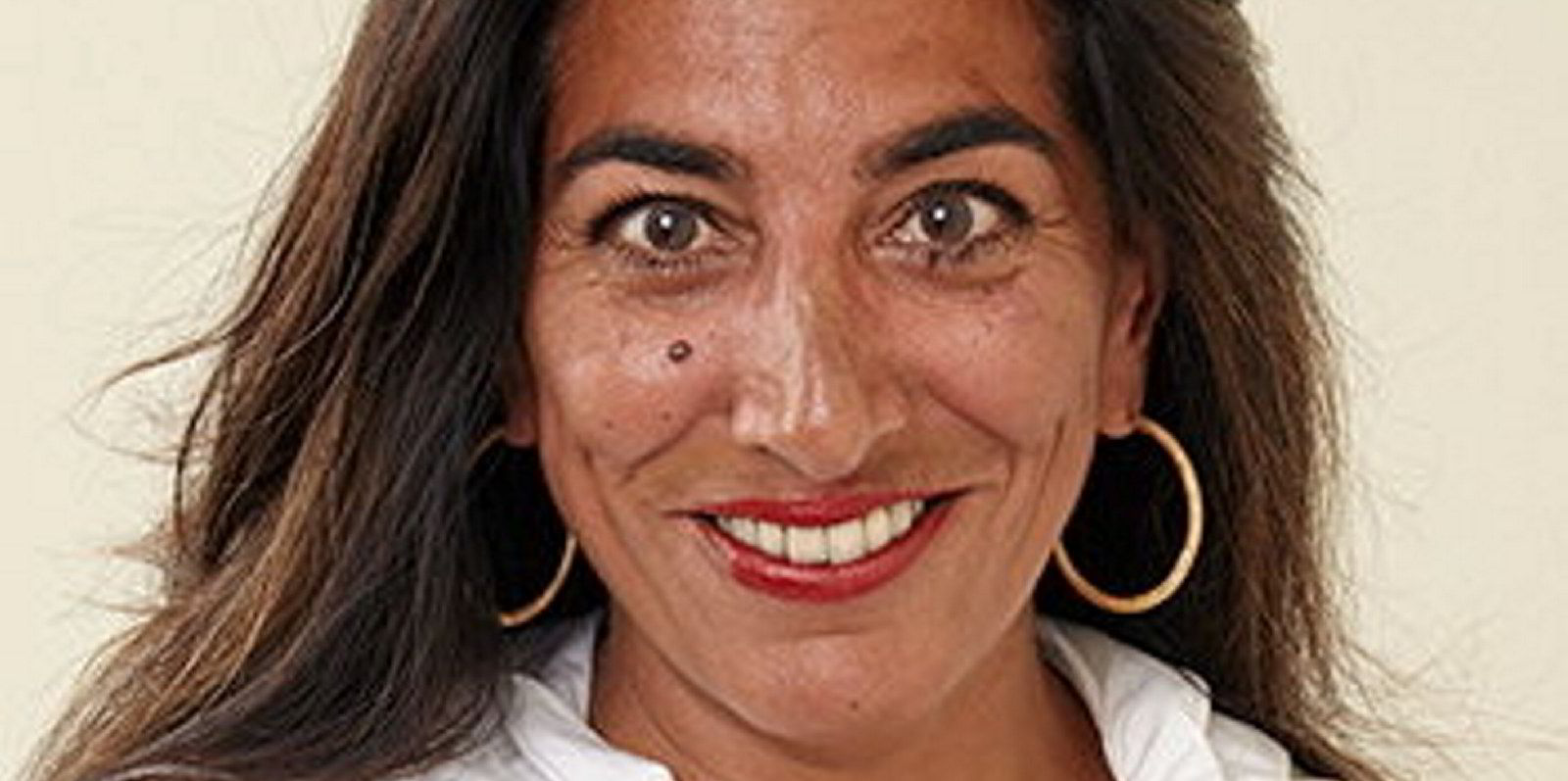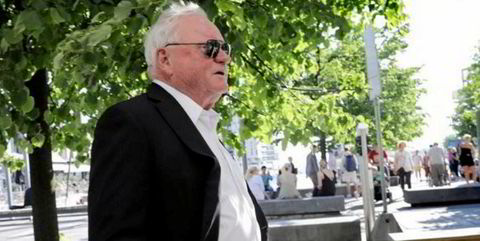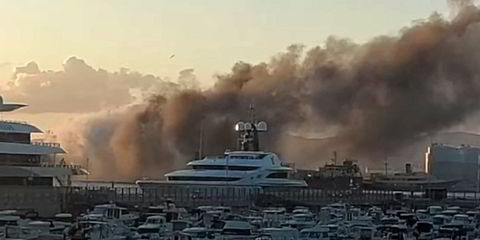The UK’s highest court will rule in a $2m contract and cargo dispute after a shipowner refused to accept payment in euros from a charterer linked to sanctioned Russian oligarch Oleg Deripaska.
A two-day hearing this week by the UK’s Supreme Court was brought by Dutch bulker specialist MUR Shipping which triggered a force majeure clause in its contract with charterer RTI four days after the US imposed sanctions on the metals magnate. Deripaska was then president of RTI’s parent company, Rusal.
RTI challenged the decision and a series of court cases concluded in October 2022 with MUR being ordered to pay a $2m arbitration award. The UK’s Court of Appeal ruled that the shipowner should have accepted payment in euros offered by RTI to avoid the sanctions concerns.
The case has now gone to the Supreme Court where five judges will decide if a company should accept “non-contractual performance” if there’s a force majeure clause that allows for “reasonable endeavours” to overcome the problem, said the court. The MUR-RTI contract included such a clause.
Force majeure releases both parties in a contract from liability if an unforeseen event such as war or interference from governments prevents the loading or discharge of cargoes.
The initial dispute forced Jersey-registered RTI to make alternative arrangements to carry 280,000 tonnes of bauxite per month from Conakry in Guinea to Dneprobugsky in Ukraine.
RTI successfully secured an initial arbitration award in 2020 that included the costs from finding seven new ships. The ruling was reversed on two subsequent occasions at higher courts before the latest challenge.
In the most recent ruling, Lord Justice Males said it had become apparent that the two-year contract “had become disadvantageous to MUR, who did not want to perform it”.
He was one of two judges who ruled in favour of RTI while a third backed MUR.
The US imposed sanctions on 6 April 2018 against seven oligarchs, including Deripaska, and 12 companies they controlled in response to Russia’s occupation of Crimea and violence in eastern Ukraine.
The companies included Rusal but did not mention RTI. The English court said a majority-owned subsidiary is subject to the same restrictions as its parent and it was “highly probable” there would have been problems in making timely payments of US dollars.
The US sanctions against Rusal, the largest aluminium producer outside of China, and two other Deripaska-linked companies were lifted less than nine months later when the organisations loosened their ties to the oligarch.
Read more
- Ex-FBI agent faces sanctions charges linked to Russian oligarch
- Charterer linked to Russian oligarch wins $2m appeal over sanctions dispute
- South East Asian tanker companies linked to Russian oligarch’s ‘dark fleet’ supply line
- Russian traders arrested over dark fleet oil exports to sanctioned oligarch
- Charterer in $2m fight over Russian oligarch sanctions





